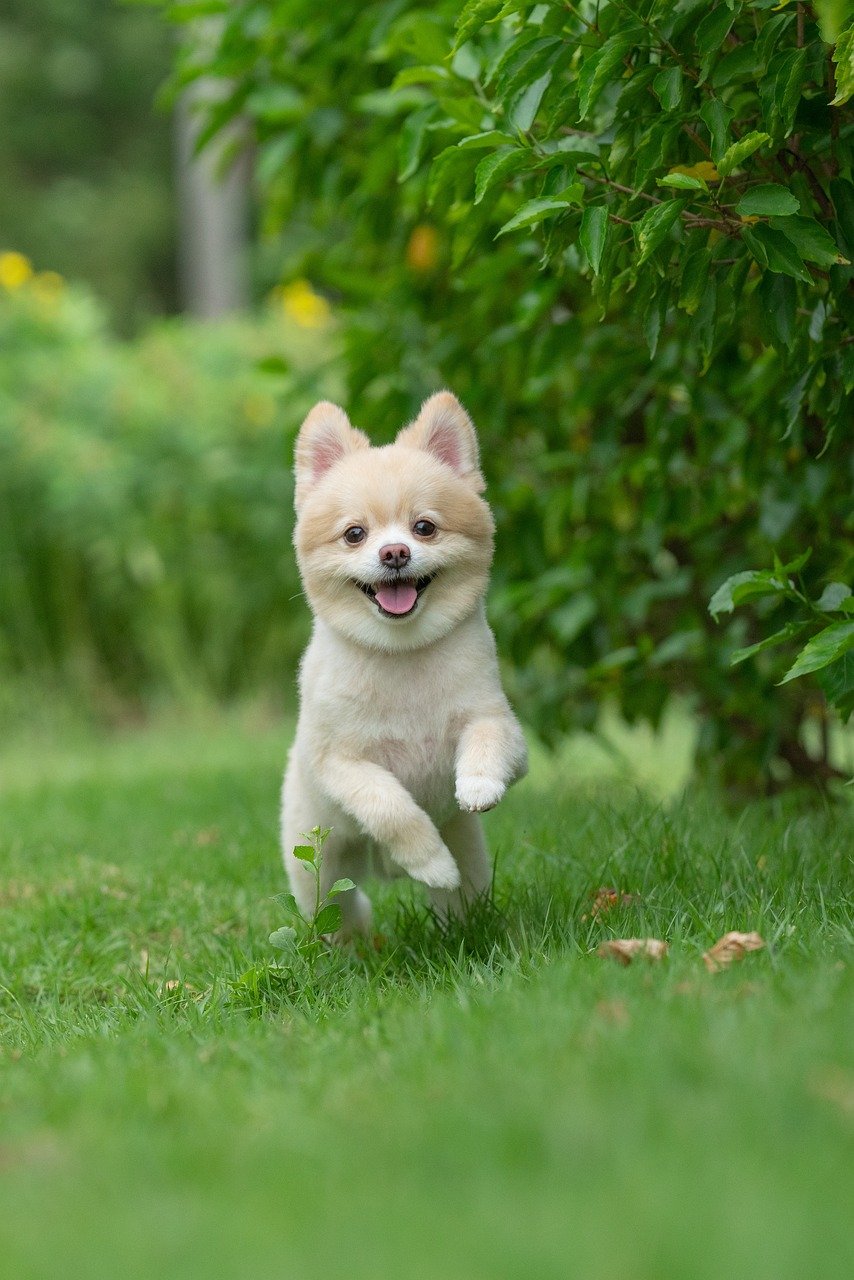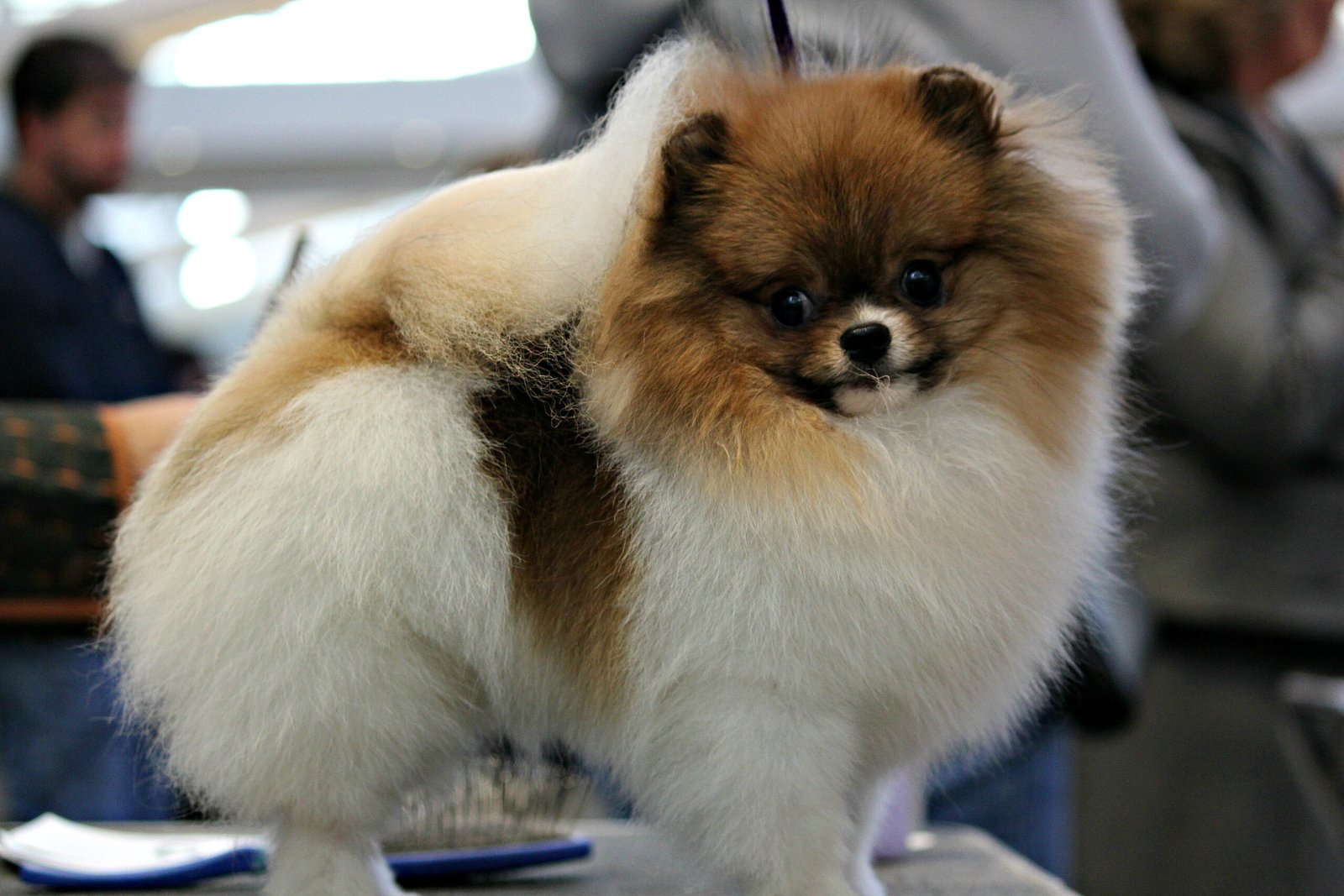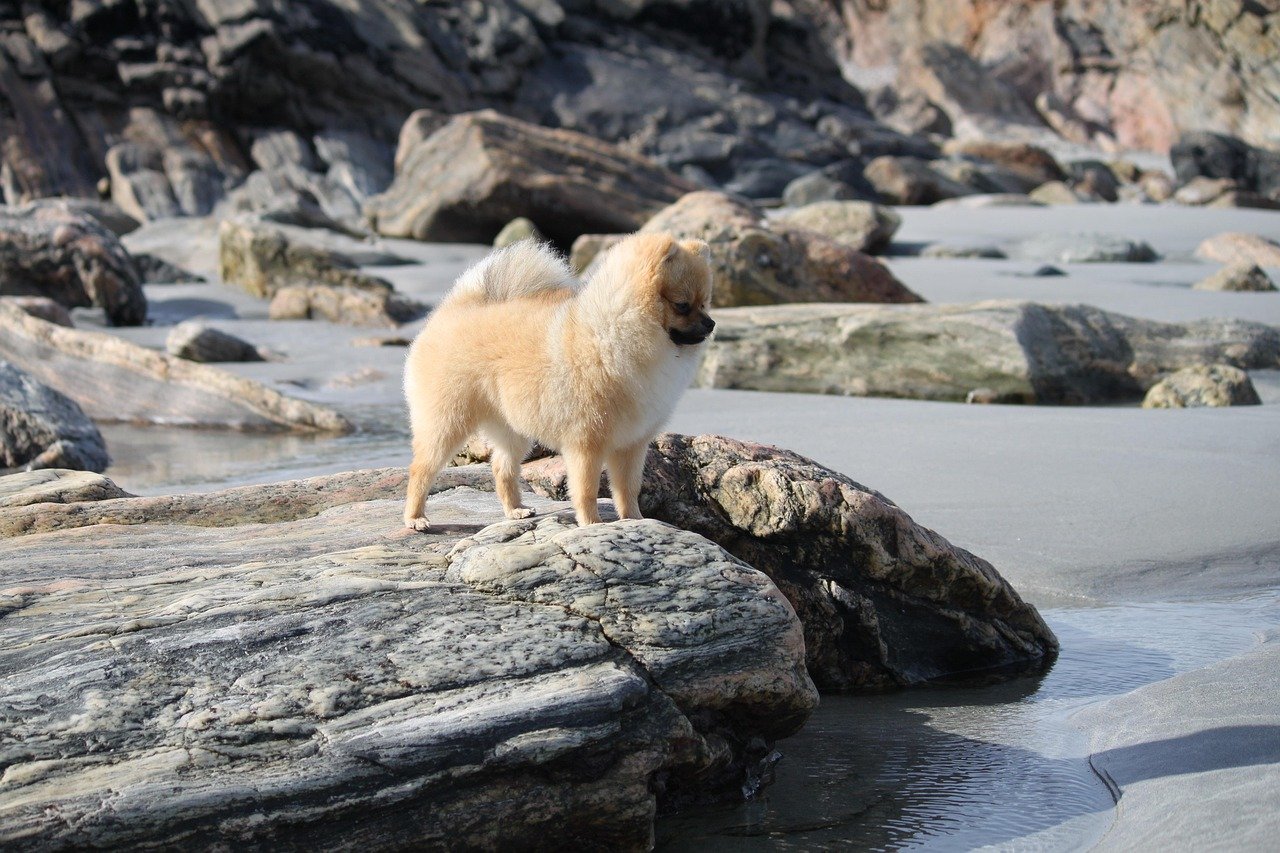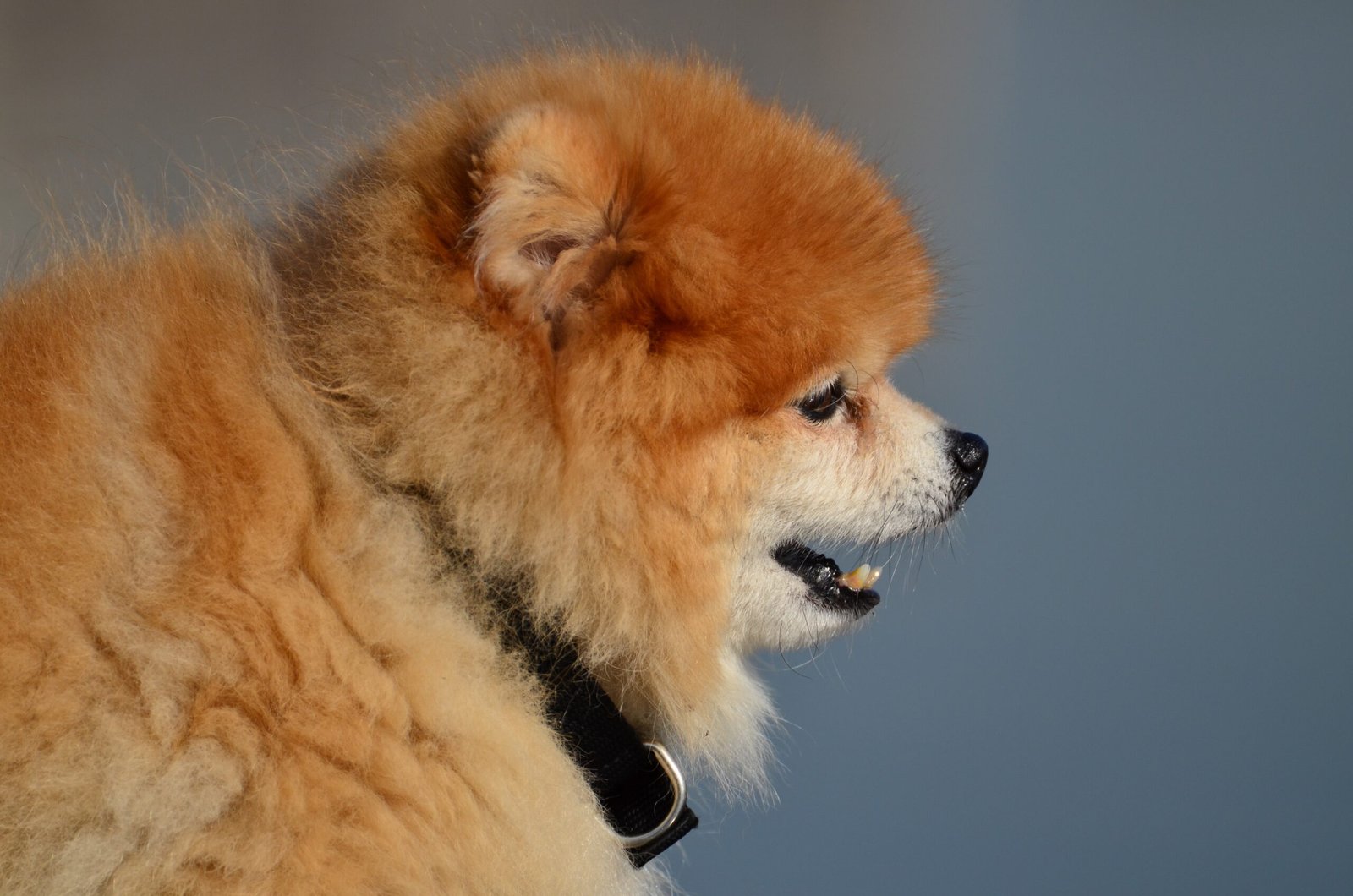Have you ever seen a tiny ball of fluff parade down the street like it owns the world? That’s probably a Pomeranian, a pint-sized pup with a personality that can fill a whole room. These little dogs look like living teddy bears, but don’t let their adorable appearance fool you—they pack a surprising punch when it comes to energy, loyalty, and affection. But is a Pomeranian really the right companion for you and your lifestyle? Let’s dive into the delightful world of Pomeranians and find out what makes them so special, and whether they’re the furry friend you’ve been searching for.
The Pomeranian’s Personality: Small Dog, Big Attitude

Tiny, fluffy, and full of personality, the Pomeranian is a pint-sized pup with a big-dog attitude. With their fox-like faces, vibrant energy, and affectionate nature, it’s easy to fall in love at first sight. But don’t let their small size fool you—Poms have bold spirits and unique needs that may not suit every lifestyle. So, before you welcome one of these furry firecrackers into your home, it’s worth asking: Is the Pomeranian the right fit for you?
Pomeranians may be tiny, but their personalities are anything but small. These dogs are often described as lively, curious, and bold. They love to be the center of attention and will charm everyone with their playful antics. Many Pomeranians have a confident streak that rivals dogs ten times their size, strutting around with their heads held high. Owners often find themselves both entertained and surprised by just how much character can fit into such a little frame. If you enjoy a dog with a big presence, a Pomeranian’s spunky attitude could be just what you’re looking for. However, their boldness also means they can sometimes try to boss around other pets or even their humans, so a bit of gentle guidance is always needed.
Grooming Needs: Fluff Maintenance 101
One look at a Pomeranian’s thick, double-layered coat and it’s clear—these dogs require regular grooming. Their beautiful fur is prone to tangling and matting if not brushed several times a week. Weekly baths and daily brushing can help keep their coat shiny and healthy. Shedding can be a challenge, especially during seasonal changes, so be prepared for some extra vacuuming around the house. Some owners opt for professional grooming to keep their Pomeranian looking neat and tidy. If you enjoy pampering your pet and don’t mind a little fur on your clothes, a Pomeranian’s grooming routine can even become a bonding experience.
Exercise and Activity: Surprising Energy Bursts

Despite their tiny size, Pomeranians are surprisingly energetic. They need daily walks and plenty of playtime to burn off their energy. A bored Pomeranian can quickly become mischievous—think chewed shoes or endless barking. Puzzle toys, fetch games, and short training sessions are great ways to keep them mentally and physically stimulated. Don’t be fooled by their dainty appearance; these dogs love to run, jump, and explore. However, their small stature means they’re best suited to indoor play or secure yards, as they can easily slip through small gaps or become targets for larger animals when outside.
Living Space: Adaptable Companions
Pomeranians are highly adaptable and can thrive in both apartments and larger homes. Their compact size means they don’t need a lot of space to be happy, as long as they get enough attention and exercise. They’re often a favorite among city dwellers looking for a friendly, portable pooch. Because they’re alert and vocal, Pomeranians make excellent watchdogs, but their barking can sometimes be a concern in shared living spaces. If you have understanding neighbors and are willing to work on training, a Pomeranian can be a wonderful fit even in smaller environments.
Training Challenges and Rewards

Training a Pomeranian can be both rewarding and occasionally frustrating. These dogs are intelligent and quick learners, but their stubborn streak sometimes gets in the way. Consistency and positive reinforcement are key to teaching them good manners and tricks. Many Pomeranians enjoy agility courses and obedience classes, where their cleverness really shines. Because they’re so eager to please (and love treats), training sessions can be a fun experience for both dog and owner. However, it’s important not to let their cuteness get in the way of setting boundaries—otherwise, you might end up with a little troublemaker on your hands.
Socialization: Making Friends and Facing Fears

Pomeranians tend to be friendly and outgoing, but early socialization is crucial. Introducing them to a variety of people, pets, and environments helps prevent shyness or excessive barking later in life. Some Pomeranians can be wary of strangers or larger dogs, so positive experiences from a young age go a long way. Puppy classes, dog parks, and friendly visitors can all help your Pomeranian grow into a well-rounded companion. With the right exposure, these dogs often become the life of the party, delighting everyone they meet with their sparkling personality.
Health and Lifespan: What to Expect
Pomeranians are generally healthy dogs with a lifespan of 12 to 16 years, and some even live longer with proper care. Like all breeds, they’re prone to certain health issues, such as dental problems, luxating patella (knee issues), and tracheal collapse. Regular vet check-ups, a balanced diet, and proper dental care can help prevent many common problems. Their small size makes them vulnerable to injuries, so it’s important to handle them gently and supervise playtime, especially with young children or larger pets. Investing in your Pomeranian’s health from the start can lead to many joyful years together.
Pomeranians and Children: A Delicate Balance
While Pomeranians are loving and playful, their small size means they can be easily injured by overly enthusiastic children. These dogs are best suited for families with older kids who understand how to handle small animals gently. With proper supervision and training, Pomeranians can form strong bonds with children and become loyal family members. They often enjoy being part of family activities and can be quite protective of their loved ones. Teaching children to respect a Pomeranian’s boundaries ensures a safe and happy relationship for everyone involved.
Travel and Lifestyle: The Ultimate Lap Dog

If you love to travel or are always on the go, the Pomeranian’s compact size makes them an ideal travel companion. Many owners love taking their Poms on road trips, flights, or even daily errands. These dogs adapt well to new environments, as long as they have their favorite human nearby. Their outgoing personality often draws attention and makes them instant celebrities wherever they go. If you’re searching for a dog that can keep up with your active lifestyle and isn’t afraid of new adventures, a Pomeranian could be the perfect fit.
Cost of Ownership: What to Consider

Owning a Pomeranian comes with certain costs that every potential owner should consider. Grooming, veterinary care, high-quality food, and regular dental maintenance can add up over time. Because they’re prone to certain health issues, having a financial cushion for unexpected vet visits is a smart idea. Investing in training and socialization classes can also enhance your dog’s quality of life. While the initial price of a Pomeranian puppy may be higher than some other breeds, the joy and companionship they bring often make it worth every penny for true dog lovers.

Esther is from India; the heartbeat of South Asia, holding a Master’s degree in Zoology and a postgraduate diploma in Animal Welfare. Her enthusiasm for animal welfare drives her passion and dedication to working for animals, ensuring their well-being, and advocating for their rights. With a solid academic background and hands-on experience, she is committed to making a positive impact in the field of animal welfare. In her free time, she enjoys embroidery and sewing. As a Chennaite from Tamil Nadu, Esther loves Bharathanatyam, an Indian classical dance form.






